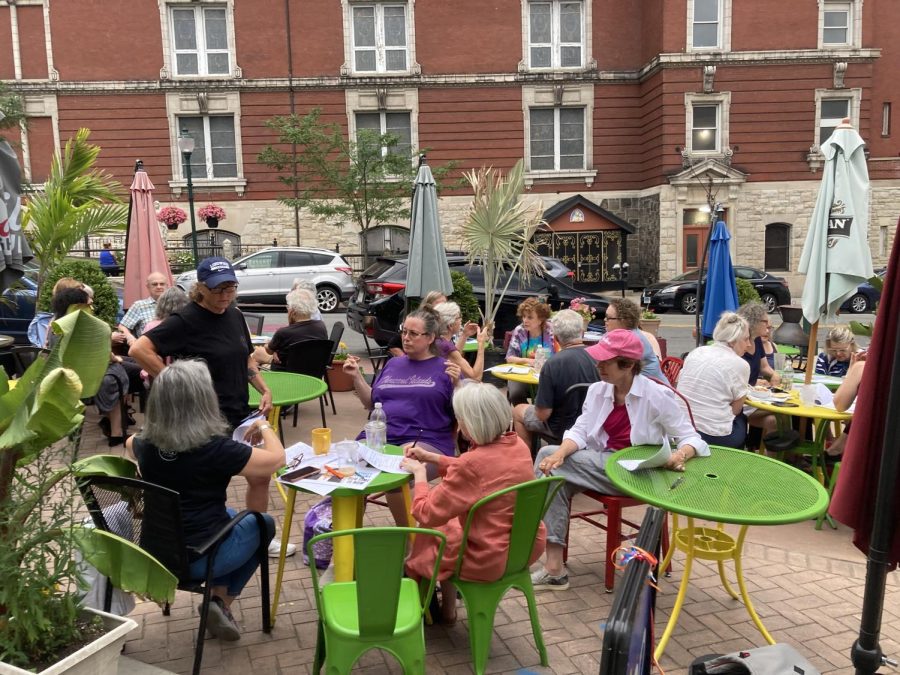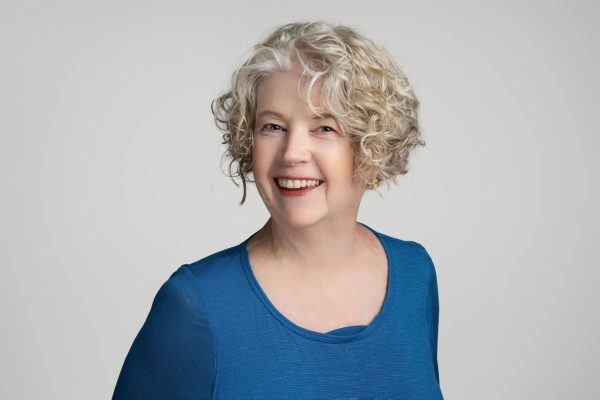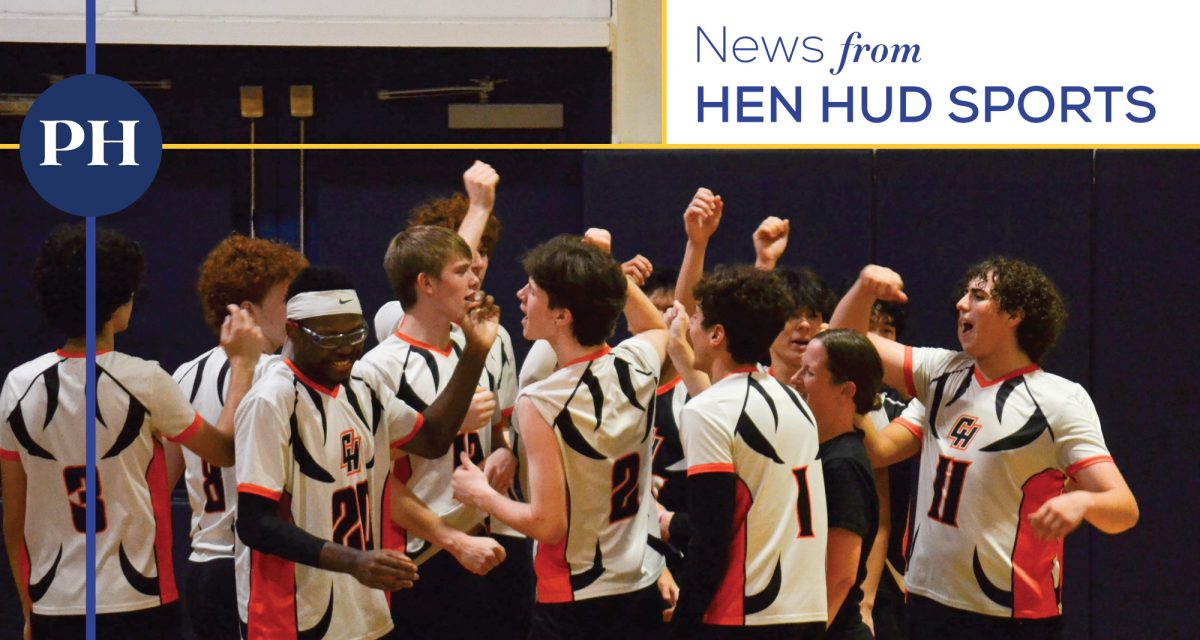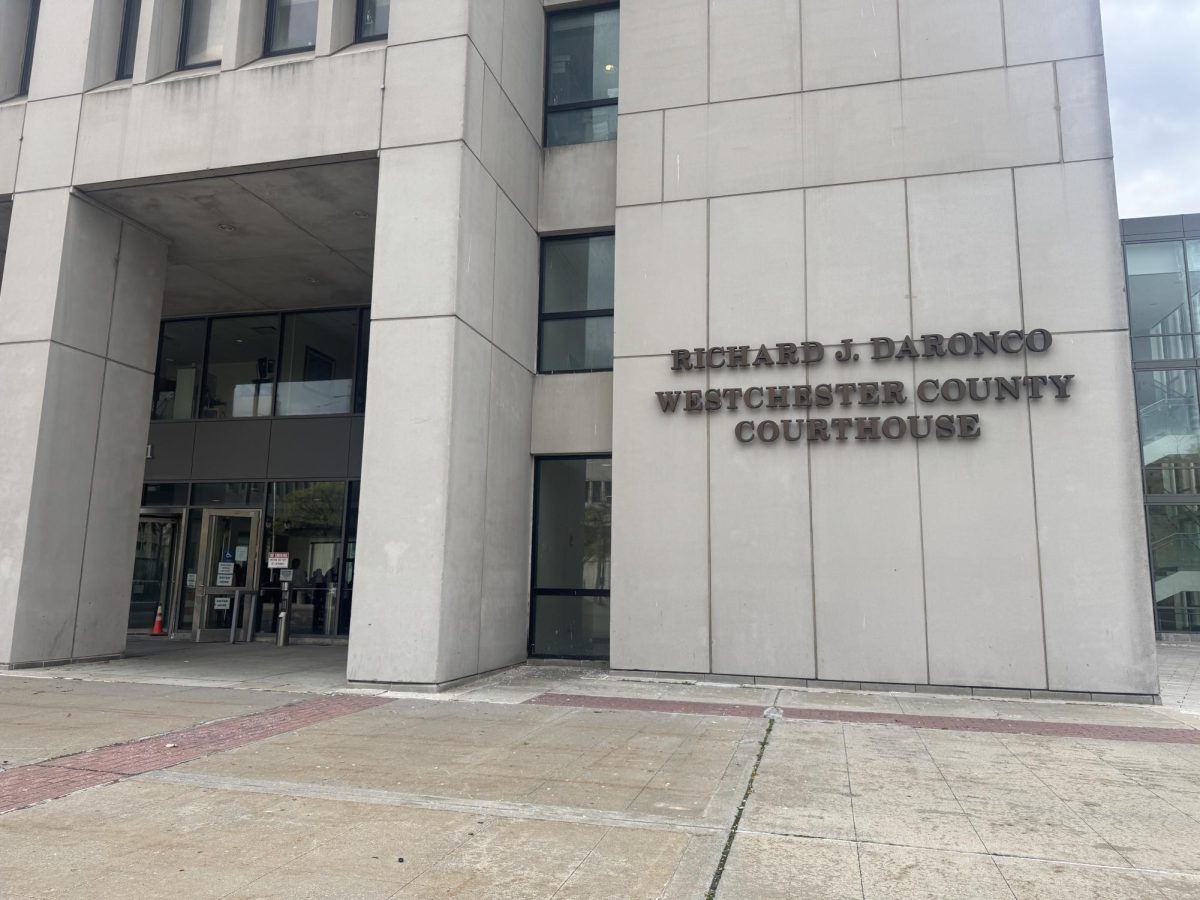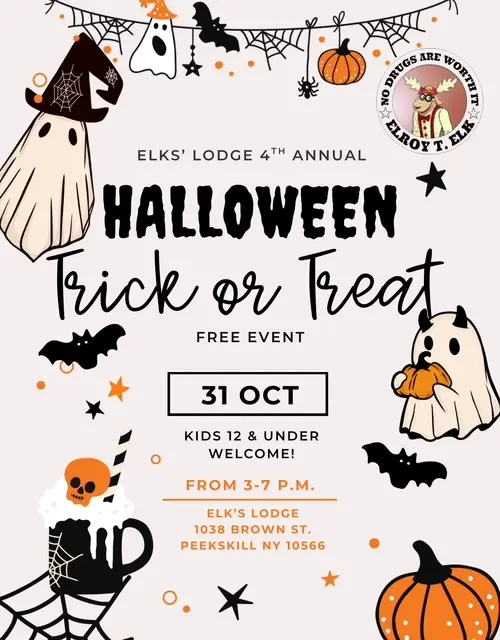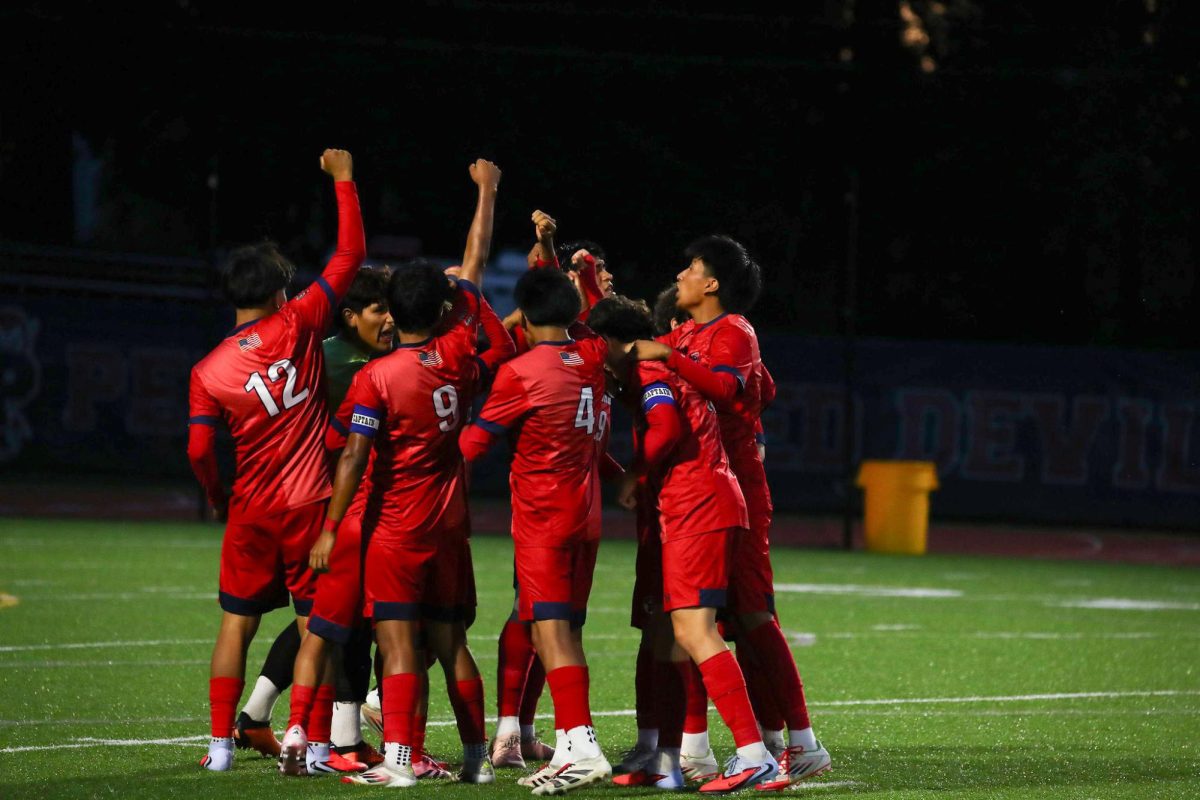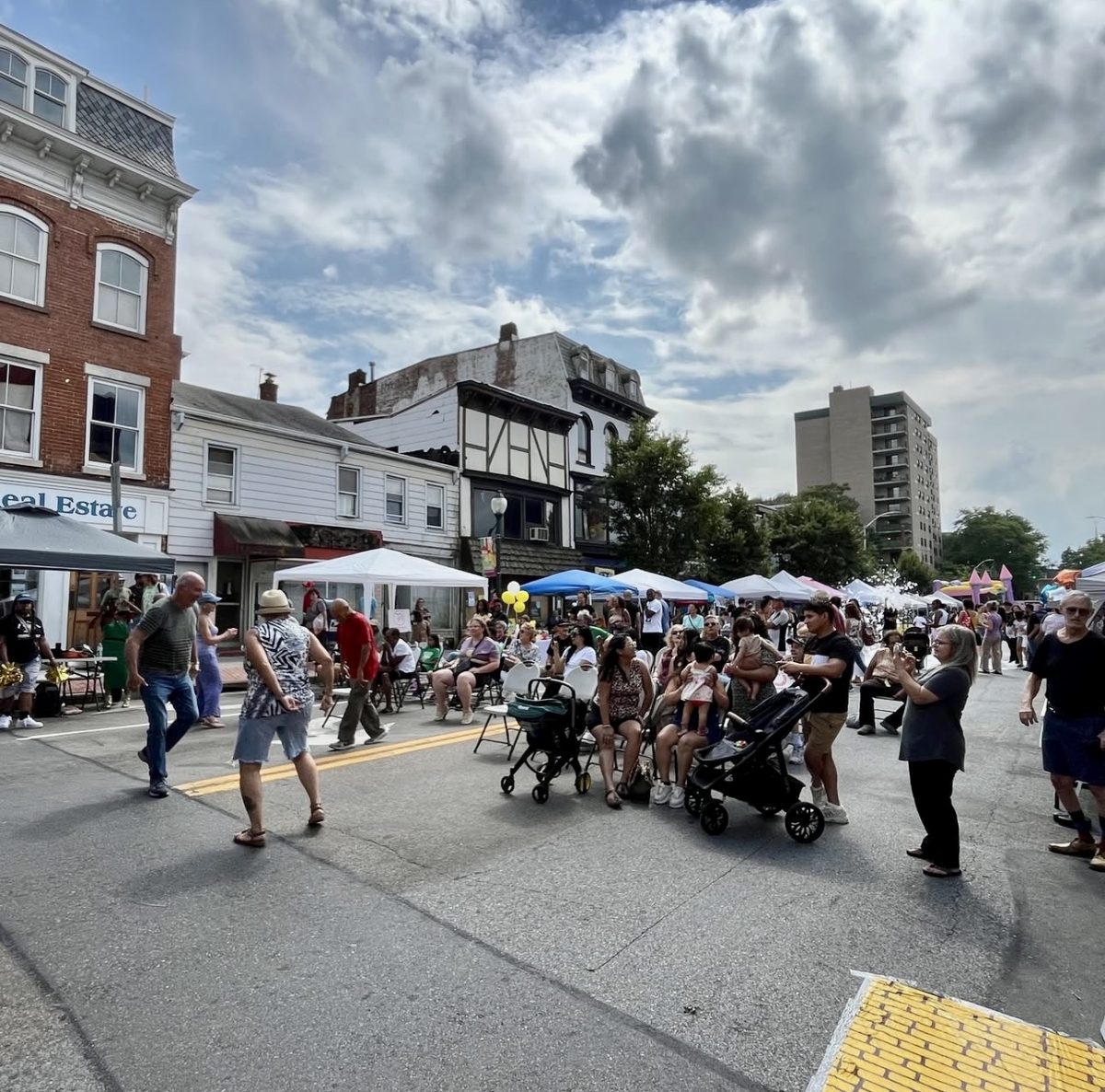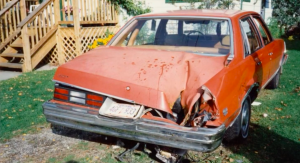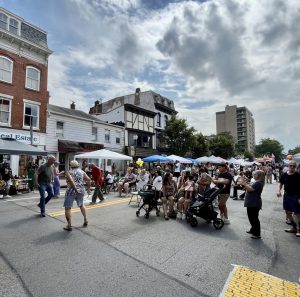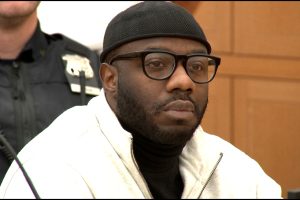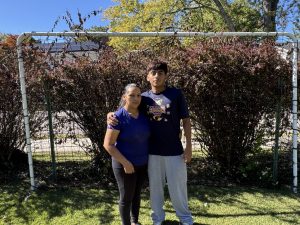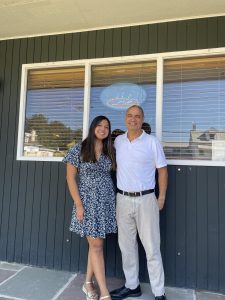Group seeks to ‘Make Good Trouble, Peekskill’
Second meeting this Saturday
September 8, 2022
Make Good Trouble, Peekskill, a newly organized citizens group with the goal of engaging people in a number of critical issues facing the country will have its second meeting on Saturday, September 10 at 2 p.m at Esther Place. In the event of rain, the group will gather inside the BeanRunner Cafe. This meeting is open to members of the public who are interested in taking action on issues.
Make Good Trouble, Peekskill held its first gathering on July 12 at Esther Place where some 30 residents came to brainstorm creative ways to motivate citizens to action. The idea for the gathering came from Peekskill artist Carla Rae Johnson.
“In 2022, it feels like justice, freedoms, and our very lives are under attack: the school shooting in Uvalde, TX; numerous, recent climate horrors; ongoing instances of systemic racism; economic conditions that compound inequalities; a raging pandemic; and the roll-back of women’s rights all seem poised to unravel our world,” said Johnson.
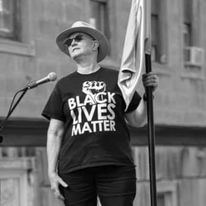
She continued, “I had been racking my brain for creative solutions/possibilities to address any or all of these issues. As an artist, creative ideas are central to my relationship with the world, but I was at a loss as to how to generate ways to confront such intimidating problems. Finally, in early July, I decided to bring folks together to ‘brainstorm’ collectively. What we cannot accomplish alone, can, perhaps, be confronted together. That’s when I invited people on my mailing list, and my social media networks to come together to see what we could do, and what we can do is, “Make Good Trouble, Peekskill.”
The title comes from words the late US Representative John Lewis tweeted in 2018: “Our struggle is not the struggle of a day, a week, a month, or a year, it is the struggle of a lifetime. Never, ever be afraid to make some noise and get in good trouble, necessary trouble.”
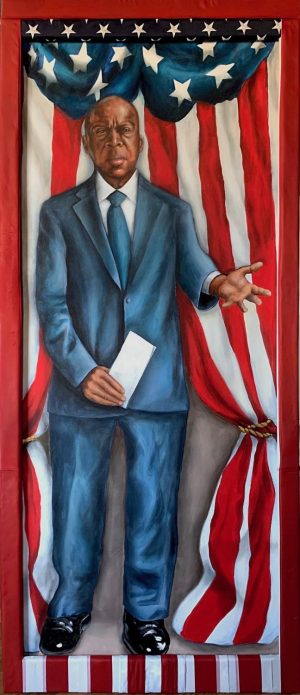
Participants self-selected into four groups to discuss the issues of Gun Violence, Climate Change and Environmental Racism, Women’s Rights and Art & Activism.
In discussing how to counter gun violence the group began with the notion that it is preferable to discuss approaches to the problem of gun violence from an on the ground, community-based perspective rather than a larger scale conceptual view.
The group of eight people talked about building upon work that has been done with restorative justice programs and integrating approaches that involve the police, community, and mental health professionals. The idea is to move from punitive treatment of young people to restorative programs in which participants are engaged and encouraged to give back to the community. Of key importance in these efforts is identification of people at risk and ways to direct them to get help. Local police and teachers can play a significant role in these efforts. Fear, anger, and past trauma as well as inherited trauma need to be better understood and considered. Young people need to be empowered to express their feelings and there has typically been a stigma against expression. Arts projects and programs offer a valuable way to work with young people to find healing. In addition to visual arts programs, we would consider dance and theater programs.
To implement a program like this in Peekskill, we would want to involve and collaborate with several organizations already involved in related efforts but must ensure that there is a coordinated approach. The Peekskill Youth Bureau, Arts 10566, Peekskill NAACP, New Era Creative Space, the planned Boys and Girls Club and the Kiley Center, the Black Diamonds, would be potential partners. The recent grant from Senator Harckham would be helpful.
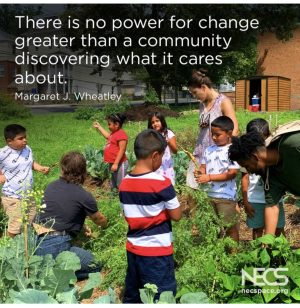
We would also like to encourage young people to learn more about politics, to get involved in their community and to vote. They often don’t feel that their voices will be heard and do not bother to vote. It would be great to connect with the NAACP and its’ “get out the vote” initiative.
A roundtable of six individuals highlighted ways to educate the public about how climate change impacts people of color and to make the local issue one that people can become involved in. For instance, create Garbage Footprints ( a game to figure how much garbage you make and how to reduce it.) Garbage Can Art, adopt city garbage cans to bring awareness of garbage and sustainability: (facts can be on each one, but also whimsy.) They can be monsters or animals, robots or angels…. Local artists and art teachers in the schools can work together on this.
The Peekskill River Walkway is now open right next to the incinerator. Set up a series of artistic graphic data (get artists and math people to work together to make new types of data and facts using colorful graphs that people can understand).
Set up a table at the Peekskill Farmer’s Market to make awareness of the problem of Westchester County’s garbage being burned in Peekskill. Work on changing the laws on incineration in communities. Our local incinerator has a license until 2026 and will be one of the oldest incinerators of its kind if it is still running.
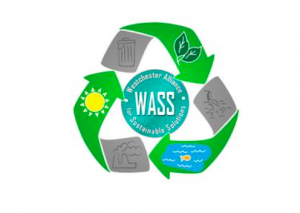
Give information about why we want to shut down the incinerator. Have hands-on activities for kids. Teach visitors about the issue, how they can change their garbage habits and how they can get politically involved. Consider doing an old fashioned booth with games and information for kids to get their interest in the topic and in taking action. Start plans for community gardens with the city.
Have a garbage information event , where people dress as deadly types of garbage you shouldn’t throw away (i.e. batteries). Host trash challenges to see how little you can throw away in a week (by composting, reusing, etc.)
The group of six that focused on women’s rights started a discussion about what makes people stop and become interested in a cause. They talked about using the strategy of having great visuals like an alarm clock with the message “Wake Up!!” or “Bridge the Gap” which would be an illustration of generations joining together to work together or begin important conversations to increase everyone’s awareness of how all are affected by current issues that often divide us or that we may be uninformed about.
It was also suggested that we could use the image of cards standing that fall with the domino effect if one is removed. Each card would be a civil right. This would illustrate when one civil right is weakened or threatened all civil rights are weakened. They discussed the idea of designating a bench such as the one in front of the BeanRunner and/or other benches in Peekskill as a “Community Conversation Bench”. There would be a sign on the bench saying “come join our discussion today on women’s rights (or any other relevant topic) we need your voice. If you sit here with me, we can have a conversation.” The group decided it could be very effective to talk to one person at a time.
They visualized having discussions with members of different generations together in the Peekskill Coffee House, the BeanRunner, and other hubs of downtown Peekskill where people can talk freely. These venues serve a diverse population and people from all generations. They could also encourage people to vote, especially young people who have not yet registered. Perhaps they could distribute voter registration forms at cafes if allowed to do so.
Seven participants discussed ways to use graphics and images through art to inspire activism for all the above issues.
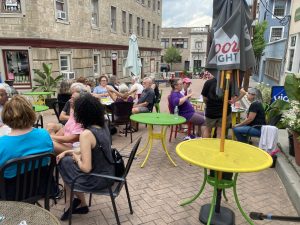
“We are revved up for action!” was the sentiment from a number of participants. Two recent events that took place in Peekskill during July show the power of what can change when people come together. The Conservation Advisory Council screened the film Youth vs. Gov about a group of 21young people who sued the federal government for knowingly violating their due process rights of life, liberty and property by permitting the combustion of fossil fuels. The second event was a meeting of the NAACP’s Economic Sustainability Book Club, discussing “The Color of Law” and the history of residential segregation in America.




